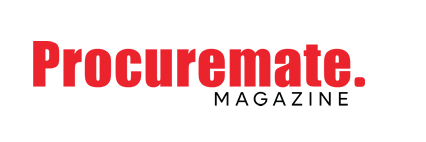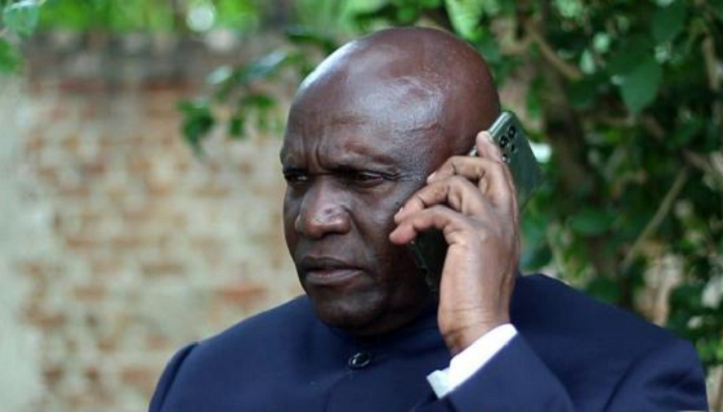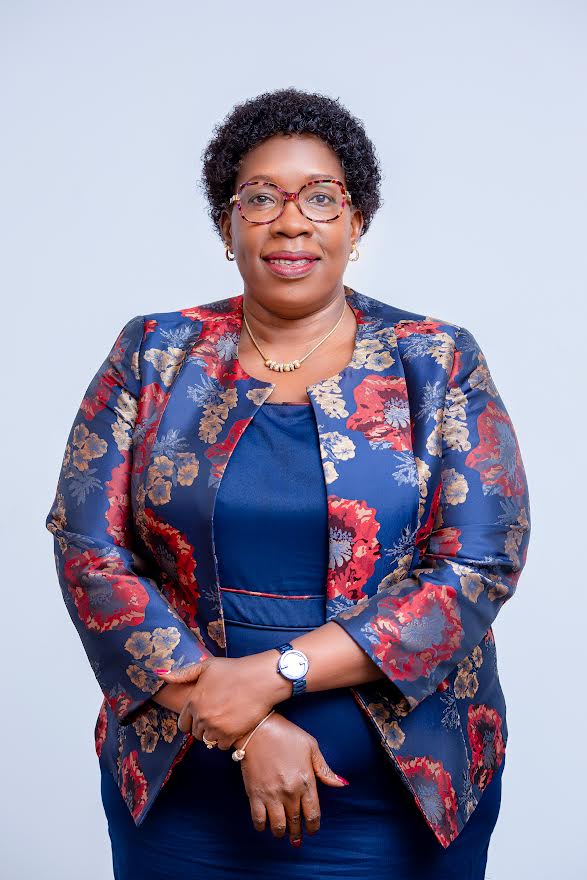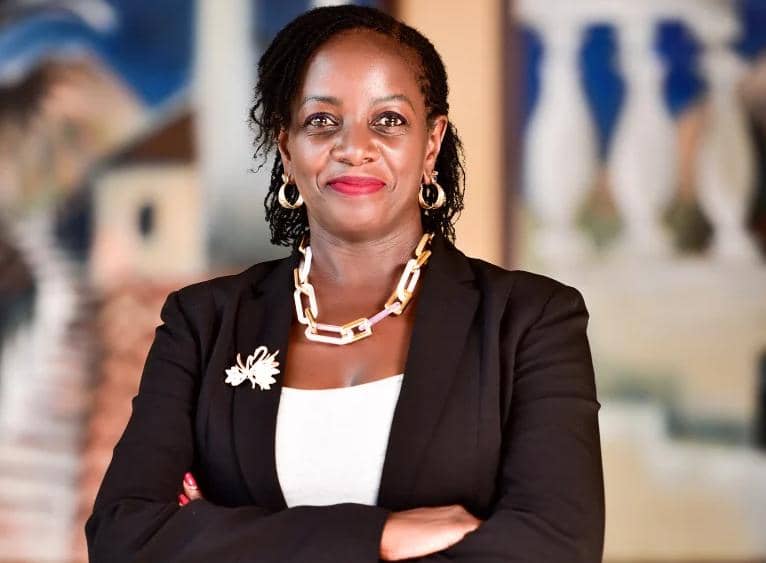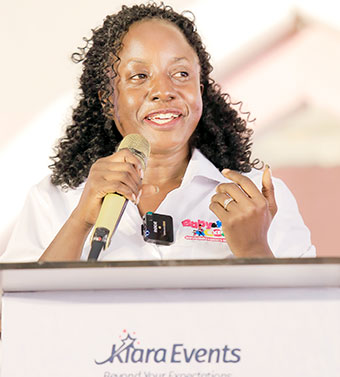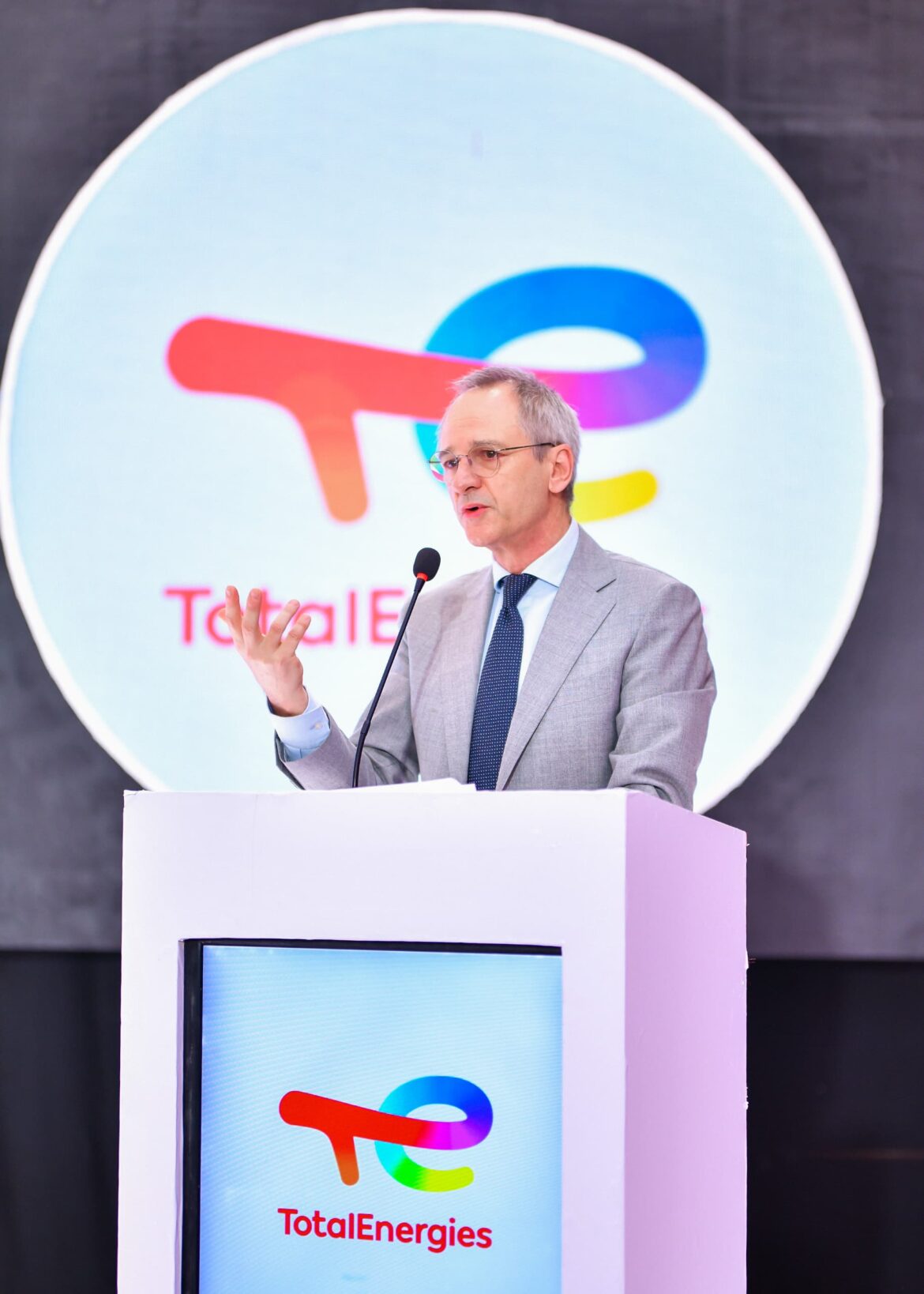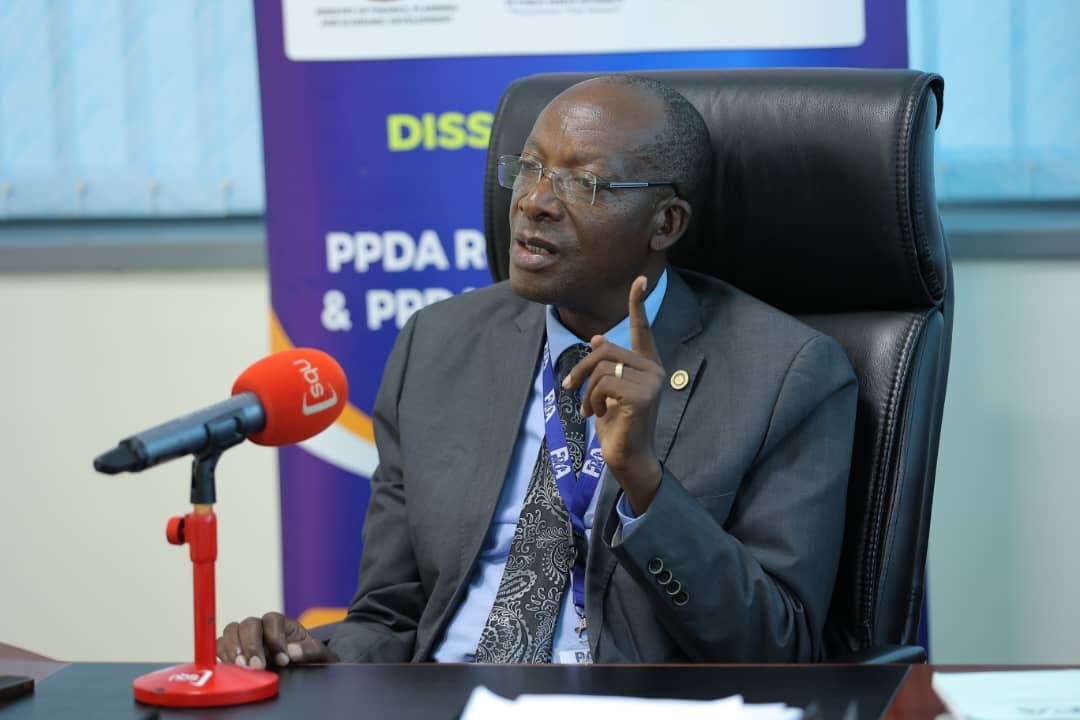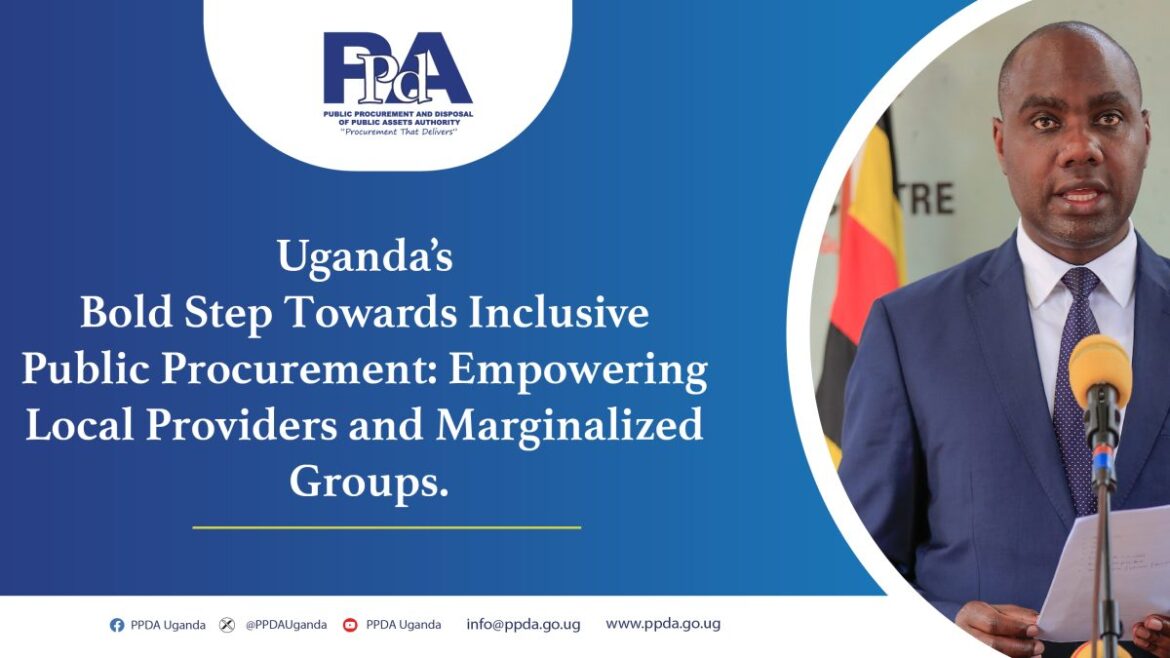The Petroleum Authority of Uganda (PAU) has confirmed that construction on the East African Crude Oil Pipeline (EACOP) will continue uninterrupted, despite the recent withdrawal of some offshore financiers.
Key stakeholders in the project, including TotalEnergies, the China National Offshore Oil Corporation (CNOOC), the Uganda National Oil Company (UNOC), and the Tanzania Petroleum Development Corporation (TPDC), are continuing to fund the project through their own equity contributions.
In an interview, Gloria Sebikari, the Manager of Corporate Affairs at the PAU, stated that the finalization of new offshore financing is expected by the end of 2024.
The EACOP, which is projected to cost around $5 billion, is set to become one of the longest heated pipelines in the world. It will transport crude oil from Uganda’s oil-rich Hoima region to Tanzania, where it will be exported to international markets.
The financing of the project follows a debt-equity model, with 60% of the funds—roughly $3 billion—sourced from external debt and the remaining 40%—approximately $2 billion—raised by the project’s owners, including TOTAL, CNOOC, UNOC, and TPDC.
However, environmental concerns have weighed heavily on the project. Advocacy groups have raised alarms over the pipeline’s potential impact on national parks and surrounding ecosystems, leading to the withdrawal of several international financiers.
Despite this, Hadi Wafata, the EACOP site manager, remains confident about the project’s future.
“Environmentalists and certain political groups have long sought to halt the project, but we are committed to making this operation a reality,” Wafata said.
With over 20 years of experience in pipeline construction, he emphasized that EACOP is one of the most sophisticated and environmentally sensitive projects he has worked on, citing advanced leak detection technologies and control systems that will be integrated into the pipeline.
Project implementers have assured the public that they are taking the necessary steps to address environmental concerns.
Vincent Barungi, the project’s environmental manager, explained that EACOP is working closely with the Uganda Wildlife Authority to safely relocate wildlife along the pipeline route, including snakes and other animals.
“We operate under four core principles: conserve, minimize harm, rehabilitate, and reuse,” Barungi explained.
As construction continues, questions have arisen about the $3 billion debt portion of the financing, especially after several Western banks, including BNP Paribas, Société Générale, and Barclays, withdrew support under pressure from climate activists. However, Sebikari remains optimistic that the external financing will be secured by the end of the year.
“In October, Energy Minister Ruth Nankabirwa traveled to Beijing to meet with potential Chinese investors. We hope to have an investor on board to complete the financing by December 31,” Sebikari said. Delays in securing the necessary funds could affect the project’s timeline, including its planned commercialization.
The completion of the financing for the EACOP project remains critical to meeting the new target date for its commercial operations.
The project has already begun, but its future relies on the successful conclusion of the offshore debt component by the close of 2024.
